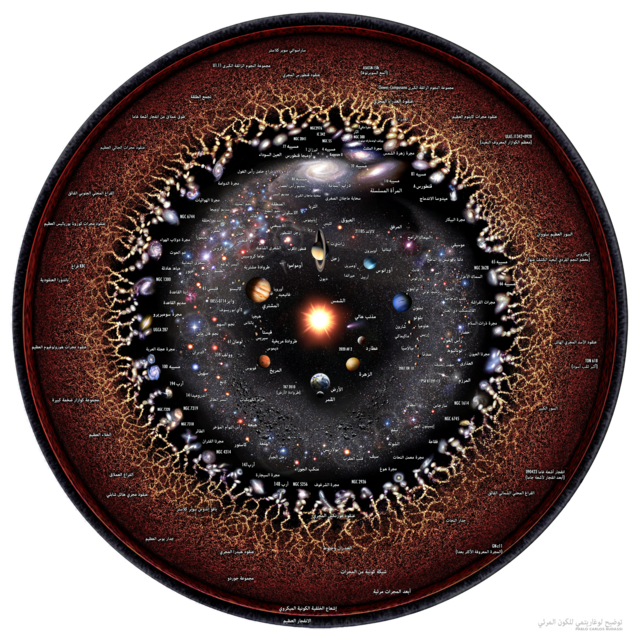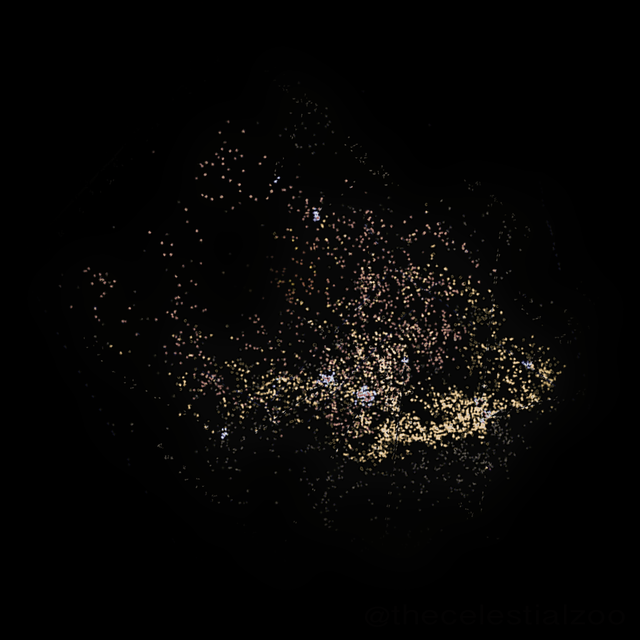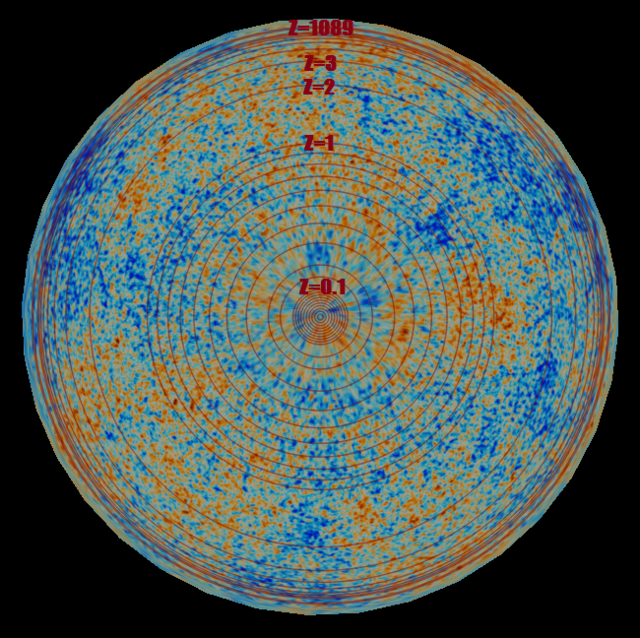What is Cosmology?
Cosmology is a branch of physics and metaphysics dealing with the nature of the universe. It is the study of the observable universe's origin, its large-scale structures and dynamics, and the ultimate fate of the universe, including the laws of science that govern these areas. It is investigated by scientists, such as astronomers and physicists, as well as philosophers, such as metaphysicians, philosophers of physics, and philosophers of space and time.

The Scale of the Universe
Despite our teachers telling us that the Universe is 13.8 billion years old, do you know that the observable universe is 40 billion light-years wide? That's only the observable part, who knows what could be out there that our current technology cannot witness?

Cosmic Voids
Cosmic voids are places in the Universe which can span millions of light years, where in it contains little to no matter. The Boötes Void is the largest supervoid yet known. It spans 330 million light-years in diameter.

Remnant from the Big Bang
The cosmic microwave background is a remnant signature from a distant past. It is known as a "relic radiation". The CMB is faint cosmic background radiation filling all space. It is an important source of data on the early universe because it is the oldest electromagnetic radiation in the universe, dating to the epoch of recombination when the first atoms were formed.